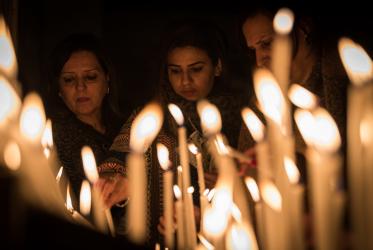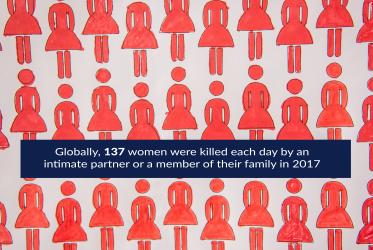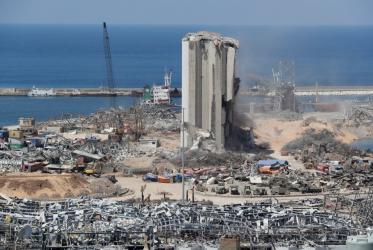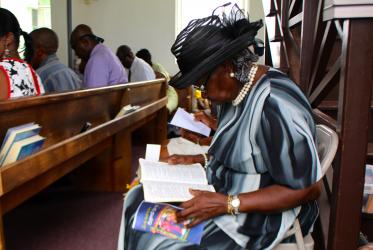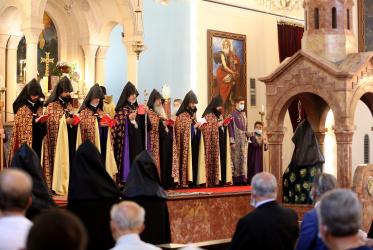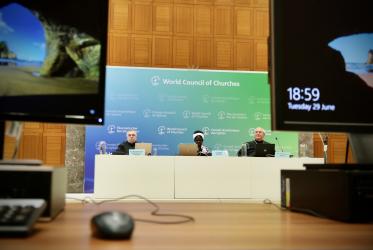Displaying 141 - 160 of 853
Past massacres in the Middle East: “this should never be forgotten”
09 December 2021
Deadline for WCC 11th Assembly workshops extended to January 2022
24 November 2021
Webinar will remember past massacres in the Middle East
11 November 2021
In Lebanon, “without peace there is no justice”
21 July 2021

